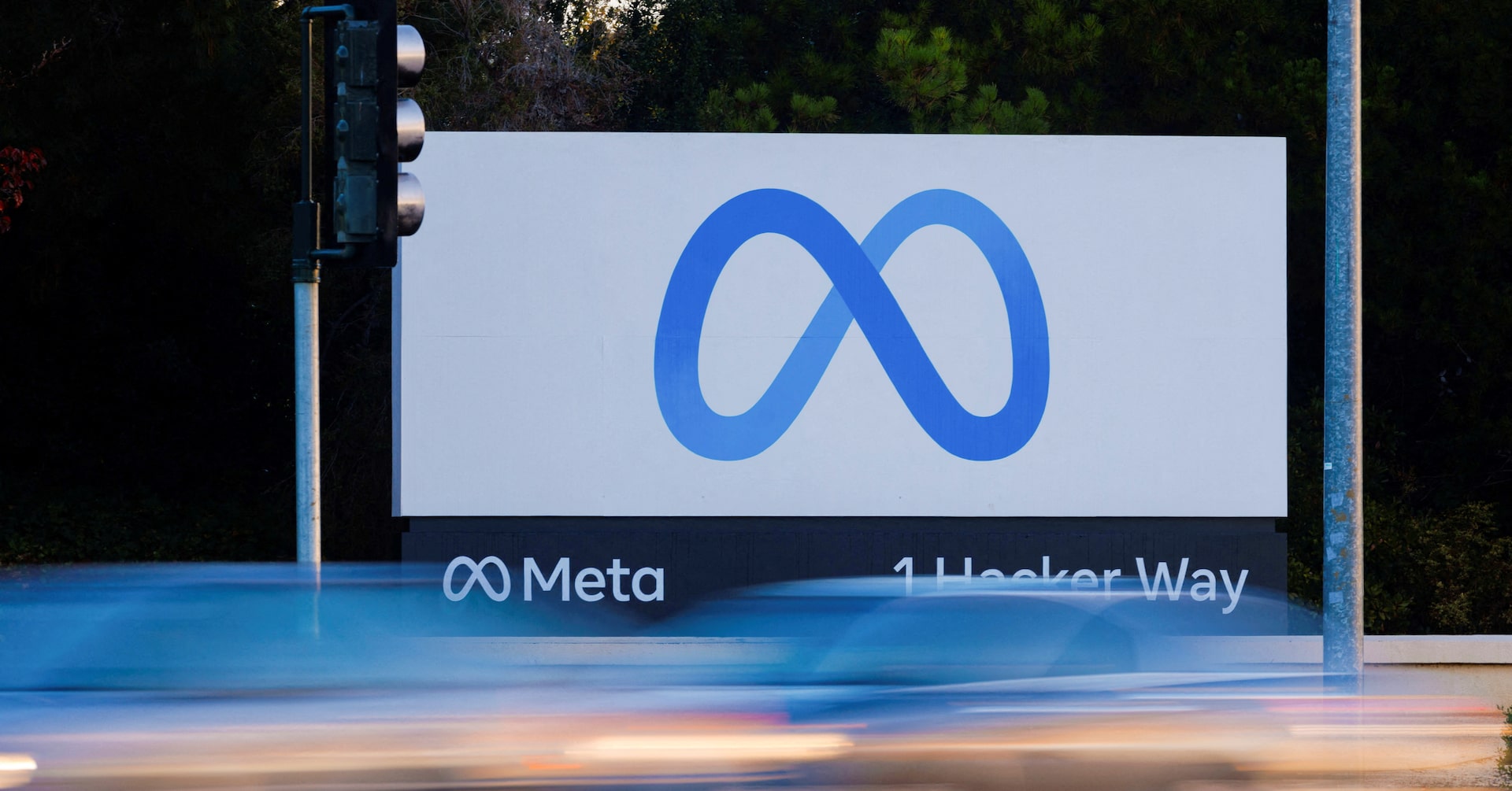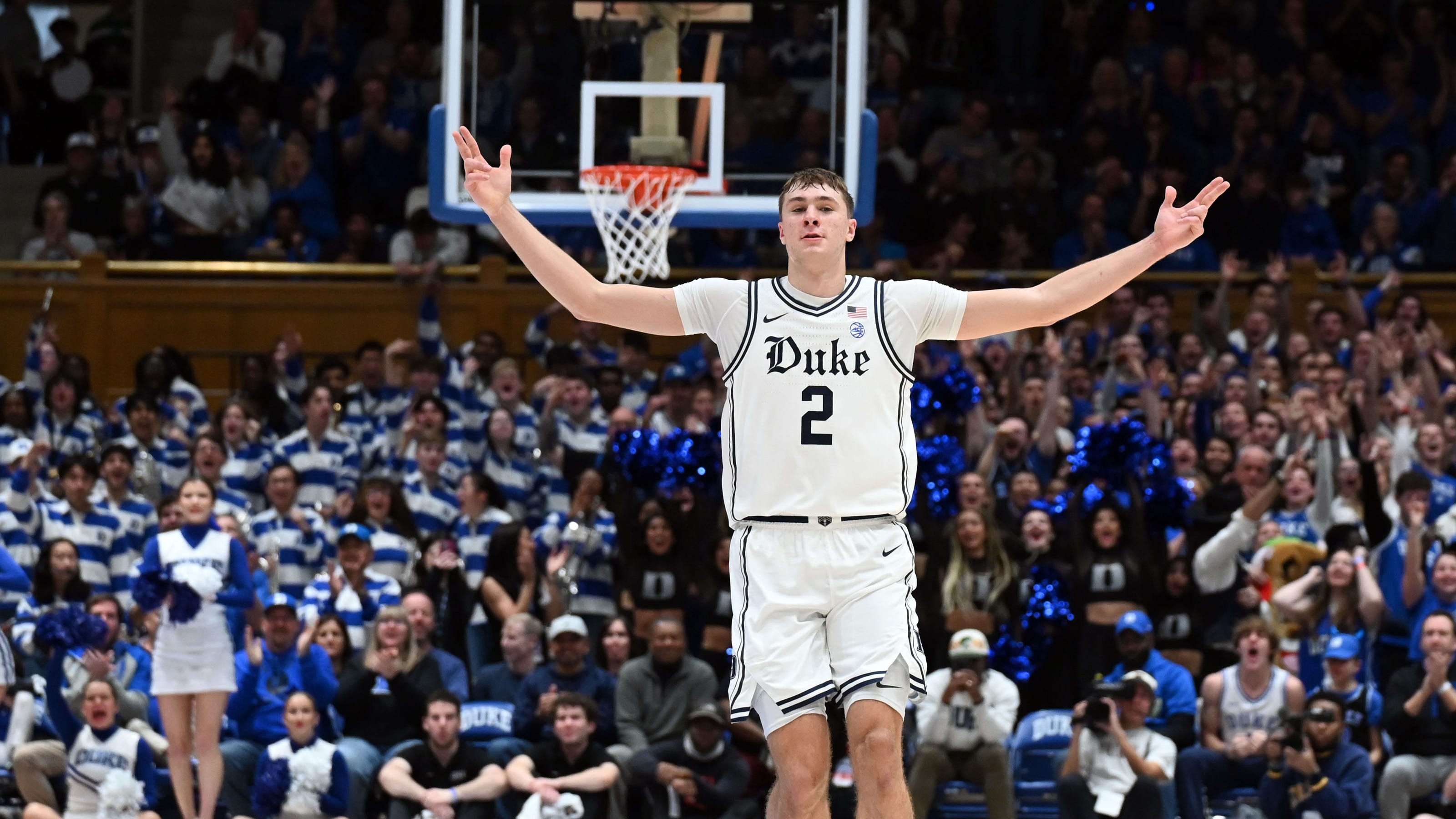The FTC's Antitrust Claim Against Meta: Analyzing The WhatsApp And Instagram Acquisitions

The FTC's Allegations of Anti-Competitive Behavior
The FTC's Meta antitrust lawsuit centers on the argument that Meta's acquisitions of WhatsApp and Instagram were not merely strategic business moves, but deliberate actions designed to stifle competition and maintain Facebook's dominant position in the social media market. The core of their complaint rests on several key allegations:
-
Elimination of Potential Rivals: The FTC argues that WhatsApp and Instagram posed significant potential threats to Facebook's market share. By acquiring them, Meta allegedly neutralized these emerging competitors before they could gain significant traction. This preemptive strategy, the FTC contends, is a clear violation of antitrust laws.
-
Reduced Innovation and Choice for Consumers: The lawsuit claims that the acquisitions have resulted in reduced innovation and less choice for consumers. Without the competitive pressure from independent WhatsApp and Instagram, Meta allegedly has less incentive to improve its products or offer consumers alternative platforms. This lack of competition, the FTC argues, directly harms users.
-
Maintenance of a Monopoly: A central theme in the FTC's case is that Meta engaged in a deliberate strategy to maintain its near-monopoly in the social networking market. The acquisition of potential rivals, they argue, was a key component of this strategy, preventing the emergence of viable alternatives. The FTC's argument points to the lack of significant competition to Facebook's core functionality as evidence of this anti-competitive behavior.
The FTC's complaint cites internal Meta communications and market analyses as evidence to support its claims, referencing specific documents and data to bolster its argument against Meta. These details are crucial in understanding the nuances of the legal battle and the evidence presented by the regulatory body.
Meta's Defense and Counterarguments
Meta vigorously contests the FTC's allegations, arguing that the acquisitions of WhatsApp and Instagram were beneficial for users, fostering innovation and integration across platforms. Their defense rests on several key points:
-
Innovation and Integration Benefits: Meta argues that the acquisitions have led to significant improvements and added functionalities for users of both WhatsApp and Instagram. They highlight the seamless integration between the platforms and the enhanced user experience resulting from the mergers.
-
Competitive Landscape Remains Diverse: Meta points to the existence of other significant social media platforms, such as Twitter, TikTok, and Snapchat, as evidence that the market remains competitive. They argue that the FTC's definition of the relevant market is too narrow and fails to account for the broader competitive landscape.
-
Flawed Interpretation of Market Dynamics: Meta claims that the FTC's lawsuit is based on a flawed understanding of market dynamics in the rapidly evolving social media industry. They argue that the FTC's assessment underestimates the adaptability and dynamism of the sector and fails to account for the continuous emergence of new platforms and technologies.
Meta’s official statements and legal filings provide a detailed counter-narrative to the FTC's claims, emphasizing the positive impact of the acquisitions on users and the competitive nature of the broader social media ecosystem.
The Impact on the Social Media Landscape and Consumers
The outcome of the Meta antitrust lawsuit will have significant consequences for the social media landscape and consumers worldwide. The potential impacts include:
-
Reshaping Competition: A ruling against Meta could force the divestiture of WhatsApp or Instagram, significantly altering the competitive dynamics within the social media sector. This could lead to increased competition and innovation, or potential instability as newly independent entities struggle to compete with established giants.
-
Implications for Consumer Choice and Data Privacy: Increased competition could lead to greater consumer choice and potentially enhanced data privacy protections. Conversely, a ruling in favor of Meta could solidify its dominance, potentially raising concerns about data privacy and market control.
-
Precedent for Future Acquisitions: The outcome of this case will establish a critical precedent for future acquisitions by large technology companies. It will influence how regulatory bodies assess mergers and acquisitions in the tech sector, shaping the future landscape of consolidation.
-
Increased Regulatory Scrutiny of Big Tech: Regardless of the outcome, this lawsuit highlights the increasing regulatory scrutiny facing Big Tech companies. It signals a growing trend toward greater government intervention in the tech industry to address concerns about market dominance and consumer protection.
Similar Antitrust Cases and Precedents
Understanding the context of this Meta antitrust lawsuit requires examining similar past cases involving large technology companies. Cases like the government’s action against Microsoft in the 1990s and more recent actions against Google, provide valuable insight into how antitrust laws have been applied in the tech sector. These precedents help to interpret the arguments made in the Meta case, shedding light on potential outcomes and the application of established legal principles. Analyzing these past cases, including their similarities and differences to the Meta situation, is crucial for understanding the legal strategy and anticipated consequences.
Conclusion
The FTC's Meta antitrust lawsuit concerning the acquisition of WhatsApp and Instagram is a landmark case with far-reaching implications for the future of the social media industry and the regulation of Big Tech. The arguments presented by both sides highlight the complexities of defining and regulating monopolies in the rapidly evolving digital landscape. The outcome of this lawsuit will significantly influence how future acquisitions by large technology companies are evaluated and could reshape the competitive dynamics within the social media sector. Understanding the nuances of this Meta antitrust lawsuit is crucial for anyone following the evolution of the tech industry and the ongoing debate around antitrust regulations. Stay informed about the developments in this crucial case and its potential impact on the future of digital platforms.

 Hbybt Lywnardw Dy Kabryw Aljdydt Mn Hy Wmadha Nerf Enha
Hbybt Lywnardw Dy Kabryw Aljdydt Mn Hy Wmadha Nerf Enha
 Doom Eternal Dark Ages Xbox Controller And Skin Bundle Now Available
Doom Eternal Dark Ages Xbox Controller And Skin Bundle Now Available
 Nhl Draft Lottery Results New York Islanders Win Number One Pick
Nhl Draft Lottery Results New York Islanders Win Number One Pick
 U S Customs Revenue Reaches Record High 16 3 Billion In April
U S Customs Revenue Reaches Record High 16 3 Billion In April
 Predicting The 2024 Nba Draft Toronto Raptors Cooper Flagg And Lottery Odds
Predicting The 2024 Nba Draft Toronto Raptors Cooper Flagg And Lottery Odds
